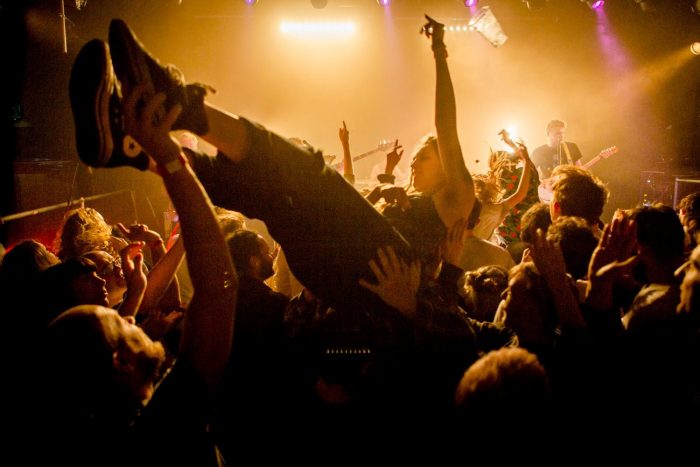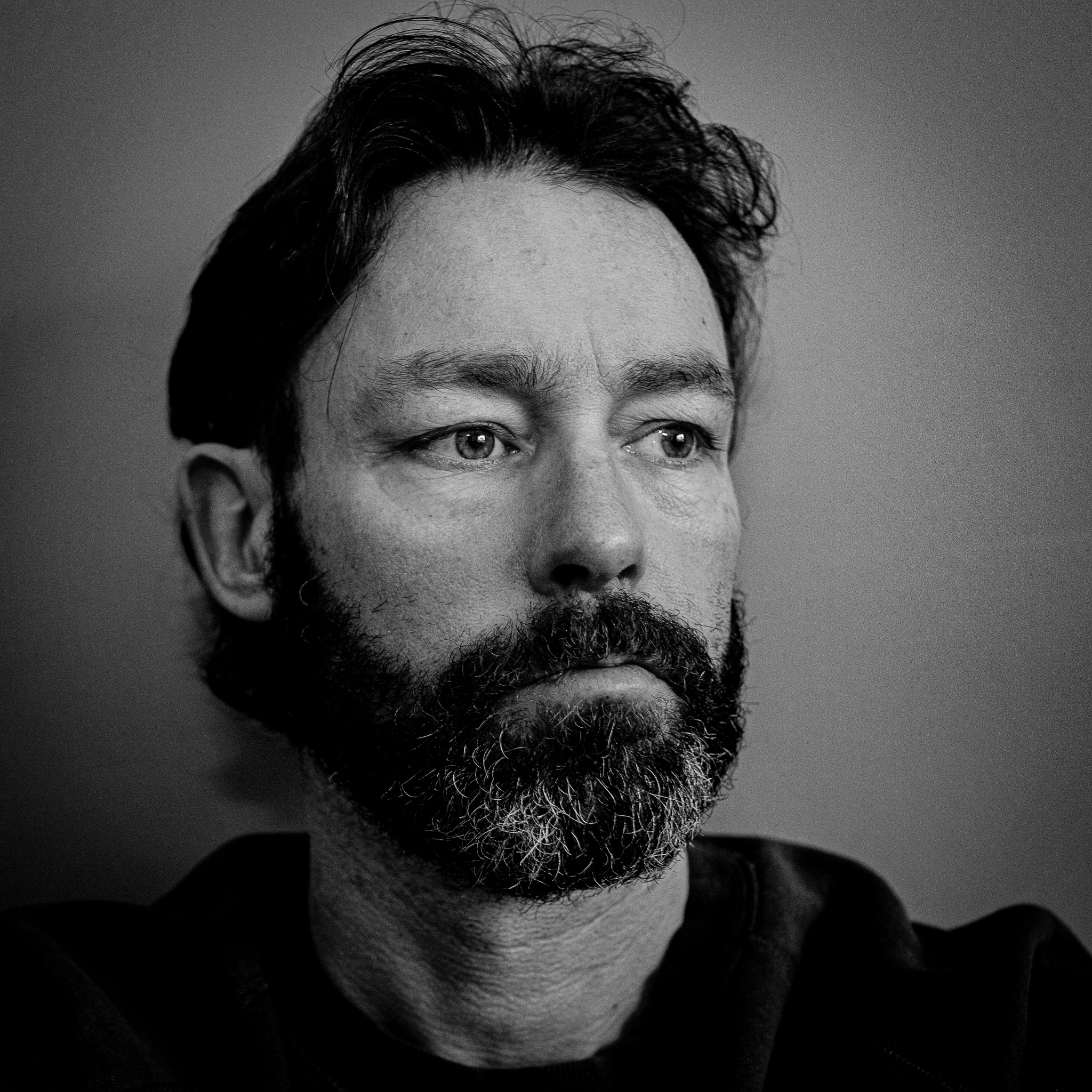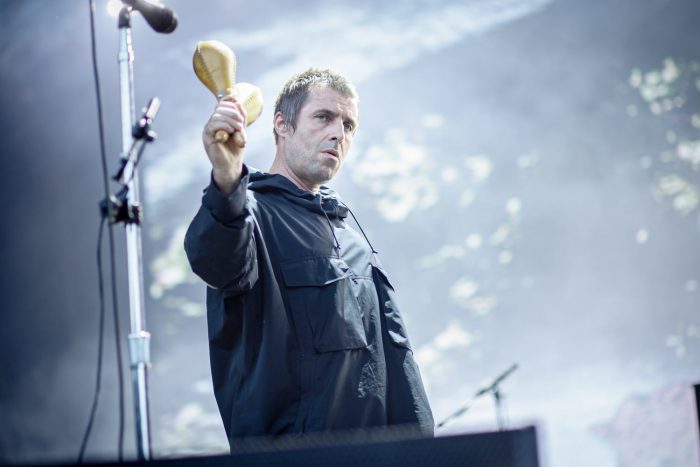Photographer Highlight | Brian Robinson
Image credit: Brian Robinson Photography
Brian Robinson is one of Cornwall’s leading music and wedding photographers. He is a regular at festivals across the county and is Cornwall Live’s go to man.
In part three of our ‘Photographer Highlight’ we caught up with the prolific Cornish based photographer Brian Robinson. Brian is Cornwall Live‘s go to music photographer, he’s photographed most of the Eden Sessions (where he has photographed Liam Gallagher, Kylie Minogue and Fontaines D.C to name a few). He is also known to flutter around the local music scene snapping Cornish artists such as The Rezner, The Velvet Hands, and Tinnedfruit.
His work has been viewed worldwide and locally he an known figure, with this in mind we wanted to know more about his work, why he chose music photography and much more!
Thanks for taking the time to have a chat with us, how are you doing and what have you been up to?
Brian: Hi Kieran, always good to speak with you! I’m good thanks, surviving and adapting. I was in the process of taking my photography full-time last year when the world changed, so it’s fair to say that the last 12 months didn’t go to plan. But I’m still here and the bookings are starting to come in again.
So, how did you first get into photography and what was the draw to music photography specifically?
Brian: Music & photography have always gone hand in hand for me and I have loved both since my early teens. (I went to my first gig in 1990, Tina Turner at the Birmingham NEC).
I got my first camera when I was 11 (a little film auto) and always had a camera with me. This was long before camera phones so everything was on film.
But it wasn’t until I got a DSLR in 2007 that I started taking a bigger interest in photography. The interest in music and wedding photography pretty much happened at the same time. Wanting to experiment more I began taking pictures of bands around the Newquay scene, and lots of friends were getting married so I’d take pictures there.

Was there a particular photographer’s work that inspired you or perhaps an artist?
Brian: In my early days of stepping up my SLR game, one of my friends back in Birmingham, Steve Gerrard had started making quite an impact with his photography. And I was inspired by his work and approach. I attended one of his photography workshops and have assisted him on a few weddings over the years.
It’s important to be inspired, especially when finding your creative style. Even to this day, I’m constantly inspired by other photographers work, and will sometimes draw from these influences. But only if I can make them my own. Especially as there’s always that controversy of plagiarism. If I am feeling inspired by an image I’ll try to work out how it was shot and play about with it, sometimes it works and sometimes it doesn’t. That’s the fun of learning.
I suppose when comparing it to music, how many songs have been written with the same three chords, but all sound unique and individual to the artist.
Another photographer whose work I love is Andy Ford. He’s photographed some amazing live shows and portraits over the year. His shot of Mogwai is one of my favourites: Andy Ford – Mogwai Portrait.
You’ve had the pleasure of photographing some of the worlds largest bands, such as QOTSA but are there any shows that you’ve photographed that have stood out for you?
Brian: Probably the first big gig that I got to shoot will always be a milestone moment, and that was Cancer Bats. One of my friends was mates with the band and he got me a pass. I felt way out of my depth, but the experience was incredible and left me on such a high and wanting more. The band loved the pictures and I shot them twice more over the years.
The first Boardmasters that I shot also stood out, it was my first huge gig. I’d spend years shooting smaller gigs (many at the Pavilions and Mono in Falmouth) and felt like all the hard work had paid off. It also felt quite surreal as one of the artists on was Primal Scream and I’d been a fan since the 90’s. A real pinch yourself moment, especially looking out over the huge crowd.
And you mentioned, the QOTSA show. This stands out for another reason as it was one of the hardest show I’ve ever shot. It was heavily backlit, with a lot of smoke and strobe lighting. Every photographer’s nightmare (red light aside). That, and we were limited on where we could shoot from, with not much room to move. I remember after the second song, I heard one of the photographer shouting ‘fuck this’ and he walked out. But patience paid off as during the 3rd song the lighting all changed and we were able to get some killer shots!
Did you ever see yourself photographing such high profile artists?
Brian: I’d always hoped so, but in the early days, I was just happy to be shooting. But as my style started to evolve and my confidence grew I wanted to shoot the bigger & well know names & gigs. And as the years have gone on I’ve got to shoot some of my favourite artists.
Your photography is often featured in local Newspapers, how do you make this happen and how did it feel the first time you saw your work in print?
Brian: I kind of knew Lee Trewhela who was the Editor of the old What’s On section of the West Briton. I got in contact and pretty much asked if there was any chance of shooting a more high profile gig. He gave me the chance to shoot the Wedding Present who were playing the Princess Pavilions in Falmouth and that was it. It was a buzz to see my work in print and still have copies of the paper now.
“It was a buzz to see my work in print and still have copies of the paper now”
Brian Robinson
I’ll be forever grateful to Lee for that opportunity because without him I’d never have had the chance for the Boardmasters & Eden sized gigs. Plus I’ve made a lot of good friends over the year through shooting the shows.
When it comes to your music photography it’s safe to say you’re more of a live photographer as opposed to portraits, what was it that drew you to this form?
Brian: Definitely, it’s a bit of a photography cliche, but I love shooting the moment. You’ve no control over what’s happening on stage (both band and the lighting) and you have to react to the challenge. And with the 3 song rule, it always feels like you’ve a deadline to work to and get that shot.
I do enjoy shooting portraits, but with weddings and having two young children I’ve had to prioritise my time. I will always do them if I’m asked, but I don’t seek them out like the live work.
Do you feel the intensity and pressure of wedding photography helps your music photography?
Brian: It does, I work better under pressure and as I mentioned above, reacting to what’s happening.
Although complete opposites, weddings & live music compliment each other with the approach to shooting them.. The wedding ceremony is quite similar to shooting a live show in terms of pressure as you’ve got to get those shots. It’s not like you can asked the band or the registrar to stop and repeat what just happened.
When you go to shoot a show what’s your process and how do you prepare?
Brian: Be a show or a wedding I’ll always have my equipment prepped and ready. With regards to the show, I may check out past shows online. You can usually find setlists and fan video’s of recent shows so that’s always a good way to be ready for the shoot. Especially if you’ve only got the first three songs, you can have a good idea of what the setup is, and what the lighting is like. Most accreditations will tell you how many songs you have and if there are any restrictions. I’ve had a few Eden Sessions shows where you can only shoot from the mixing desk so I’ve hired a 400mm lens.
Why do you feel photographers are important to the industry and artists alike?
Brian: As covid has proved in the last year, everyone in the music industry is important. It doesn’t matter if they’re a million selling artist or the person working behind the bar at the venue. We’re all the parts that make up this wonderful industry.
With online presence being so important these days, having professional images, either live or portrait is hugely important. It reflects the artist and any of the media outlets where the images are used.
What’s the importance of live photography by a professional?
Brian: From the live show perspective we are documenting the artist in that moment (there’s that cliche again) and it’s a definite art to making people feel like they were there when they look at the picture.
Lastly, how did you get the opportunities that you have and what advice would you give any budding music photographers?
Brian: Most of the opportunities have been through chasing what I want, but with having the confidence that I can deliver. The years of putting the time in shooting, learning and improving has got me to where I am. But you never stop learning with photography and I’m always striving to improve.
As for advice, don’t be afraid of failure. You will have those bad days and knockbacks but don’t let it stop you.

